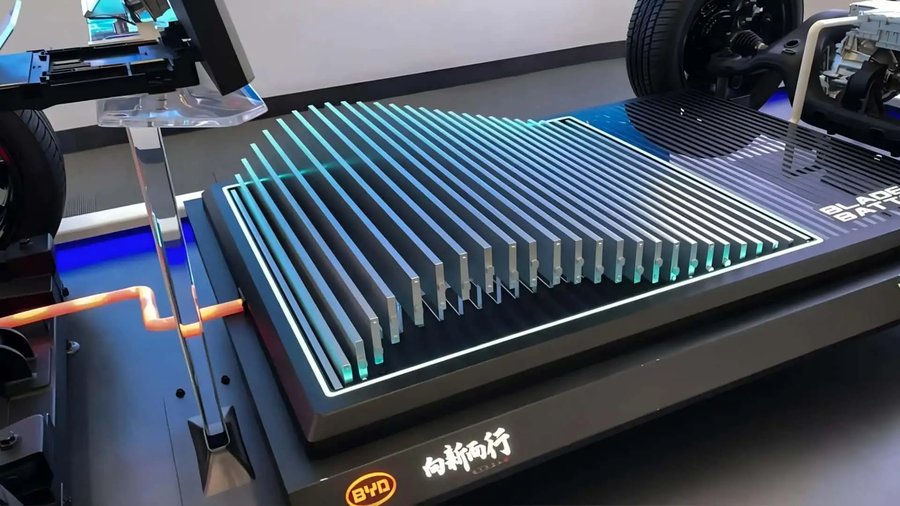The Chinese Have Made Ultra Fast Charging Batteries, But There’s a Problem

Over the past few years, the issue of range anxiety surrounding electric vehicles has greatly diminished. Nearly everywhere you look, there’s an EV charging station for EV drivers and riders to use.
These days, it’s all about juicing up batteries and doing so very very quickly. We’ve seen tons of new innovations in battery technology championing ultra-fast charging times, with some dipping well below 15 minutes. And of course, it comes as no surprise that fast-charging tech innovations arise from some of the world’s biggest battery manufacturers.
This is exactly what’s going in with two of the world’s biggest battery makers, BYD and CATL.
Each of the companies has announced its own new fast-charging EV battery that can be fully charged in just 10 minutes. And while other battery makers offer similar charge times, they usually charge up to just 80 percent. But BYD and CATL promise to one-up the competition with zero to 100 percent charge times in just 10 minutes.
More specifically, CATL will manufacture 6C-capable Qilin 2.0 batteries by the end of 2024. Meanwhile, BYD’s Blade 2.0 batteries will debut anytime now, with the company stating that they’ll roll out in the second half of 2024.
Pretty cool, right? Well, on paper sure. But in real life, not so much.
You see, all these ultra-fast-charging batteries come with a catch, and it’s quite a big catch. They require super-fast chargers that dispense over 650 kilowatts of juice in order to charge within the claimed 10-minute timeframe.
Where the heck are you gonna get a charger that quick?
In the US, even Tesla’s newest, fanciest fast chargers have an output of just 250 kilowatts—still quite a lot, but not even half the required output to charge BYD or CATL batteries in the claimed 10 minutes. Heck, even in China, the home country of both BYD and CATL, 650-kilowatt chargers are hardly accessible to the general public, with most fast chargers rated at just 120 kilowatts.
And so, we’re looking at a more realistic charge time of about half an hour, which isn't bad. But if we look at things strictly from a time perspective, 30 minutes sounds more like a lunch stop versus the claimed 10 minutes, which is akin to a quick coffee break or a really long bathroom break.
With all that being said, it isn’t really a question of whether or not a battery can be charged ultra-quickly. The numbers don’t lie and the sciency nerds behind the scenes have proven that it can be done. It’s just that this level of technology isn’t accessible to us mere mortals.
At least not yet.
Related News
